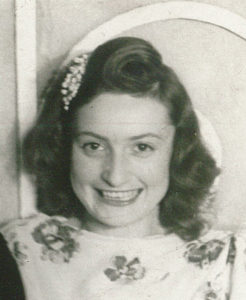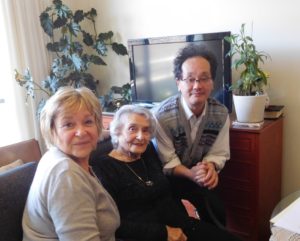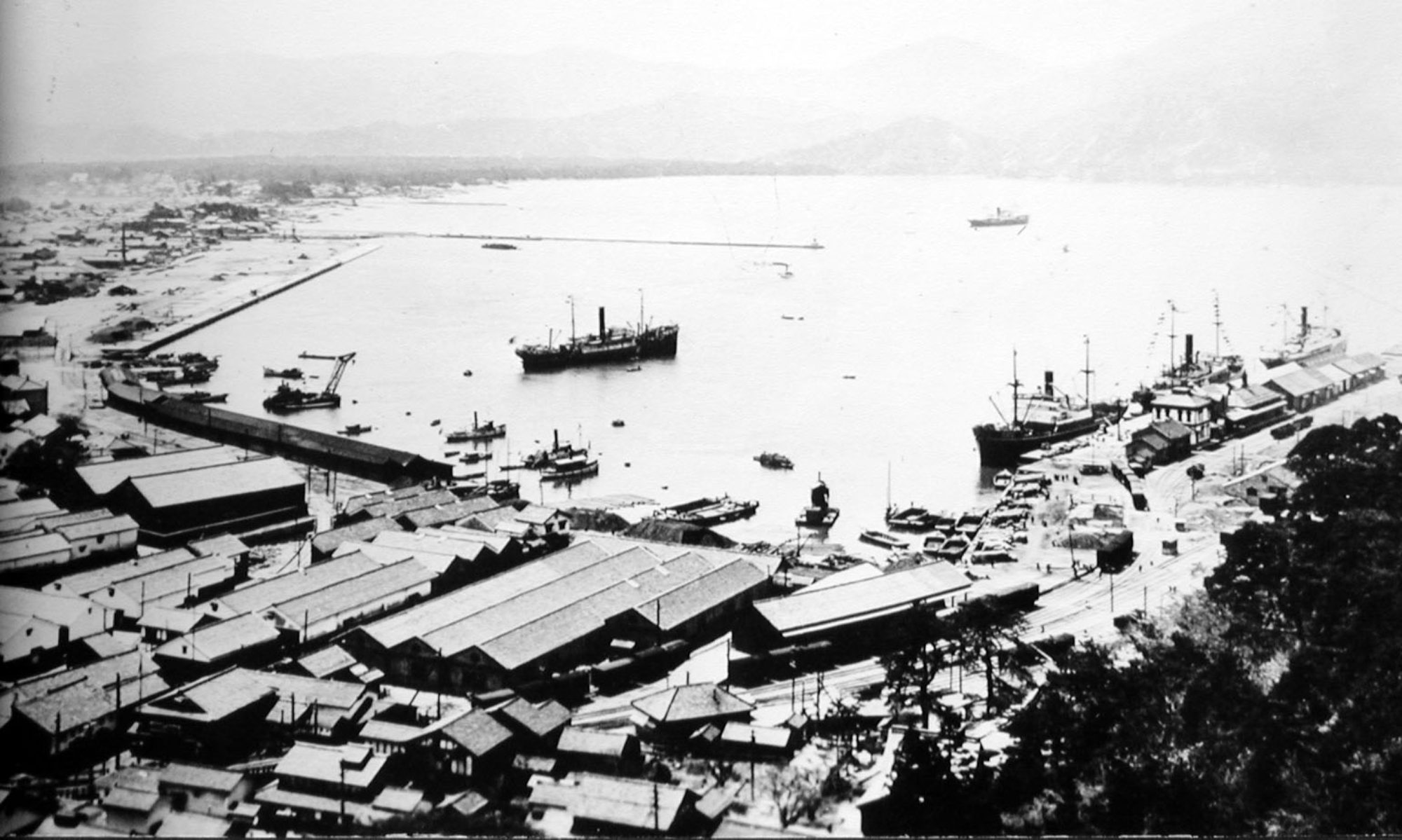Melbourne 2016: an encounter with Maria (born in 1920), a Jewish Holocaust survivor, sparked the beginning of this project.

When Maria was 19 years old, she and her family (parents, young brother, elder sister and her husband) left their home town Lodz due to the Nazi invasion of Poland in September 1939. After fifteen months of precarious refugee life in Vilnius, Lithuania, they jumped on the Trans-Siberian Railway, and escaped to Japan by sea. This was made possible by a transit visa, issued by Chiune Sugihara, vice-consul of the Japanese Consulate in Kaunas. After sailing across the cold and stormy sea to Japan, Maria arrived at Tsuruga Port, in Fukui prefecture.
2-1024x768.jpg)
The scenery before her was breathtaking – the cherry trees were in full bloom, and she could finally breathe knowing she had survived. Maria stayed in Kobe city, but it didn’t last very long. She intended to go to Canada, however, aside from the difficulty of obtaining the visas, the serious tensions between Japan and the U.S. made an ocean voyage to Canada impossible. Faced with the problem of managing dispossessed Jewish refugees, the Japanese government decided to send them to Shanghai.
Maria’s family had struggled in the search of visas and tickets abroad, to find only one berth to Australia. Maria’s father, Michal, then talked to her: ‘Your sister has got married, your brother is still too young. It’ll be you who go to Australia first and arrange to bring us over later.’ It was just ten days after her arrival to Sydney that the Pacific War broke out. Maria, alone in Australia; and her dear family confined in Shanghai under Japanese military rule. No one knew that this separation was to be as long as five years…

Although nearly 80 years have passed since The Second World War, war and misery are ongoing dilemmas, producing multiple diasporas. Refugees in the modern world face serious issues with resettlement. Many of the issues of refugees today are no different to those of the escapees from the Jewish genocide. This project aims to highlight under-reported facts about the asylum process through Maria and her brother Marcel’s history, told in their own words. The trailer ‘Where but into the sea‘ considers the meaning of the word “asylum” from the viewpoint of refugees. The project name, ‘Marylka’, is the Polish version of the name Maria, the person who ignited our passion to pursue this project. Marylka and Maria, the old and the new, are both important parts of the diasporic story: remembering what was, and embracing what will be – a new world, a new life, a future free from persecution.
This site is supported by JSPS KAKENHI Grant Number 17K02041 / 18KK0031.
